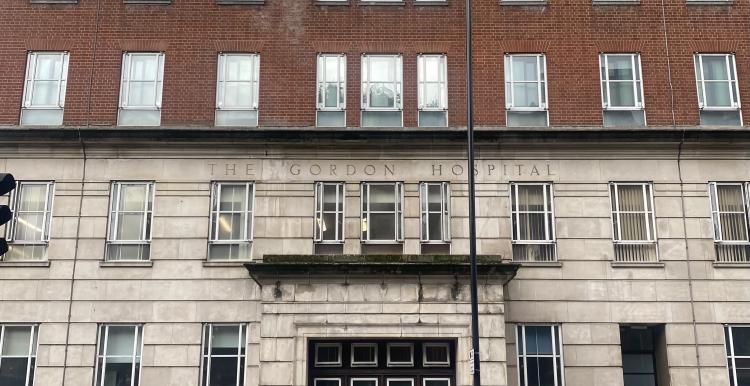Our comment on North West London’s acute mental health consultation and scrutiny process

Healthwatch Westminster and Healthwatch Kensington & Chelsea recently partnered on a project to explore acute mental health services and needs in the bi-borough, in light of concerns brought to us by community groups and residents across our two areas.
We have now published a comment on the consultation and scrutiny process considering changes to how mental health services are delivered in North West London. Download the full comment, or read further context and a summary below.
Context
From 24 October – 16 February, North West London ICS ran a consultation asking local people for their views on proposed changes to acute mental health services. There was also a scrutiny panel convened to consider the proposed changes.
In particular, this process looked at proposals to:
- Expand the mental health crisis assessment (MHCAS) service (previously piloted at St Charles) and move it to the Gordon Hospital.
- Keep 67 inpatient beds at St Charles (as now), supplemented by the MHCAS at the Gordon Hospital with room for 12 patients, including space for 4 patients to be admitted overnight alongside a full range of community-based services.
Although the consultation period is now closed, you can hear more about it – and the proposals – here.
We attended several of the scrutiny panel meetings and shared feedback from our previous report ‘Community perspectives on the impact of the closure of acute mental health services at the Gordon Hospital’. We also hosted a consultation event for Healthwatch Advisory Board members, volunteers and our wider network.
Summary of our comment
Throughout our engagement, we have heard a diverse range of perspectives which do not reach a unified consensus on the suitability of different options. We are not lending our support to any particular option, and appreciate the challenges that the trust is facing in balancing the different needs of patients alongside financial constraints.
However, we have shared a response which reflects on several of the proposed options and how they align with the feedback we have received. It also requests further information and clarification from the trust on how different options may affect patient groups, as well as how they intend to mitigate any potential negative impact. Finally, we echo a number of recommendations from the Inner West London Mental Health Services Joint Health Overview and Scrutiny Committee.
Our hope is that the health system will be transparent about how they have arrived at the decision - evidencing that they have listened to a range of feedback from diverse community members, patients and staff, and that these diverse perspectives have been meaningfully integrated into the decision-making process.

